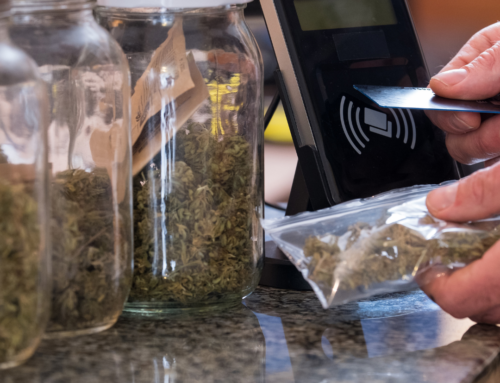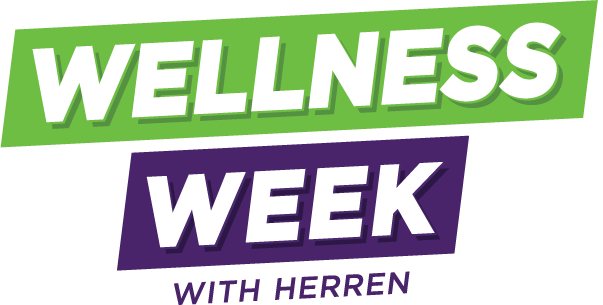
This week we are celebrating Wellness Week with Herren. A week dedicated to celebrating wellness and practicing healthy ways to handle life’s challenges.
In embracing a life in recovery, a focus on wellness and self-care with a sense of purpose and community has been shown to help individuals with substance use disorder achieve sustainable recovery.
It is important to remember that every individual is complex and unique, and in order to have a sustainable recovery, it requires a balanced approach healing the whole person; mind body and spirit.
Self-Care and Recovery
One of the greatest blessings of recovery is the re-emergence of the people, places, and things that were damaged or lost during active use. Self-care is crucial in recovery, as it is the key to ensuring we are putting into practice techniques that sustain our recovery and our mental, physical, and spiritual health.
Mindfulness & Meditation
Living mindfully means being fully present in all aspects of life, both the challenges and the gifts. By incorporating a mindfulness practice into daily life, we reduce the chance that we will lose sight of our mental and physical wellbeing. A meditation and/or yoga practice are two examples of ways to sit peacefully – and compassionately – with self and take stock of how we’re doing.
A mindfulness practice doesn’t have to be time-consuming, either; even 15 minutes a day of meditation, stretching, yoga, or sitting peacefully with ourselves and quieting our mind go a long way towards understanding self.
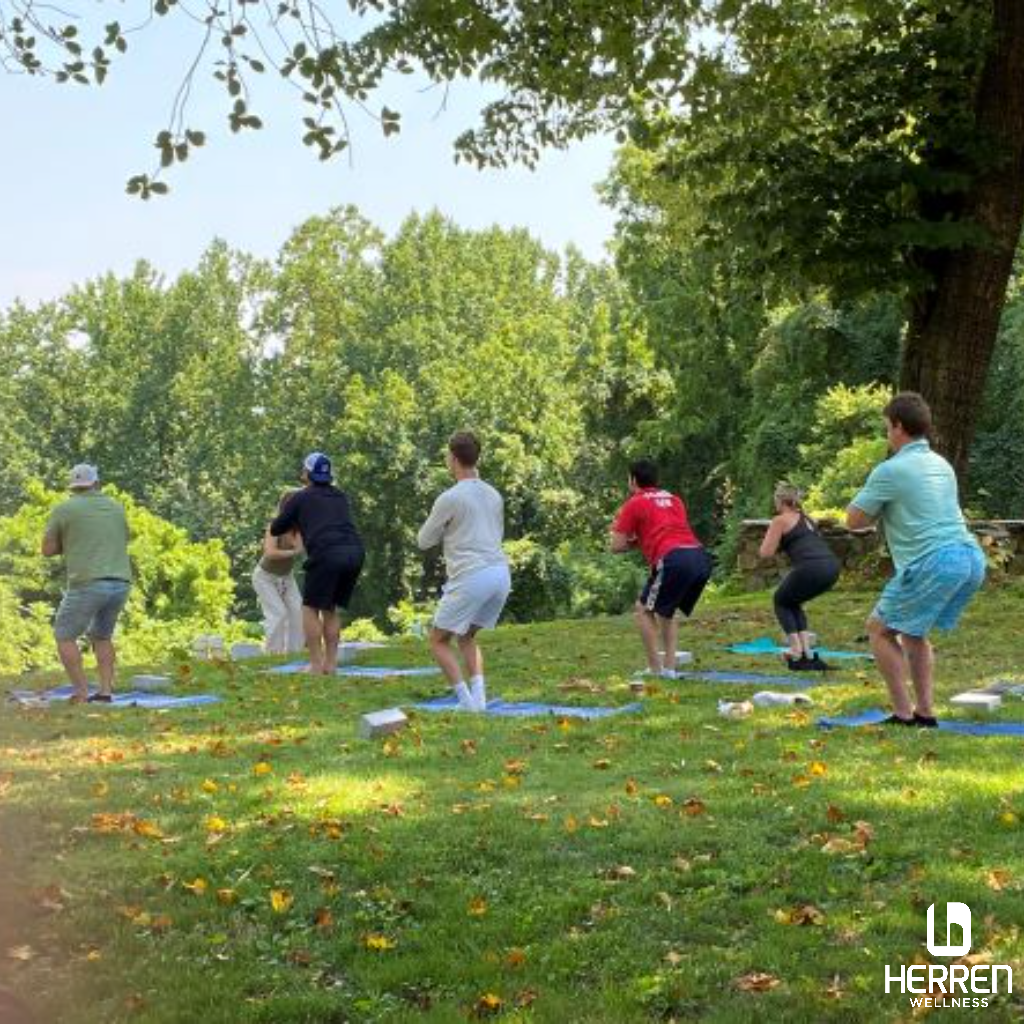

Prioritize Physical Wellness & Exercise
Physical wellness involves caring for our body through things like proper sleep, nutrition, and fitness. This doesn’t have to be over-the-top, either. Training for a marathon or going vegan may not feel like something that is sustainable, for example, especially if it’s done impulsively. Taking a 20-minute walk every day, keeping to a regular sleep schedule, and eating a balanced diet are all ways to practice good physical self-care.
Nutrition
Proper nutrition is always good for your body and brain, however, when recovering from substance use disorder it is essential to eat properly for several important reasons. In addition to the myriad of physical problems caused by improper nutrition when using drugs/alcohol, brain function can be impaired as the brain is deprived of essential nutrients needed for the production of essential neurotransmitters (brain chemicals). The physical and mental side effects of improper nutrition while using substances underscore the need for healthy eating habits in early recovery.
Start by increasing your fruit and vegetable intake, eating whole grains and limiting sugar. Small changes to your diet can improve energy and mood.
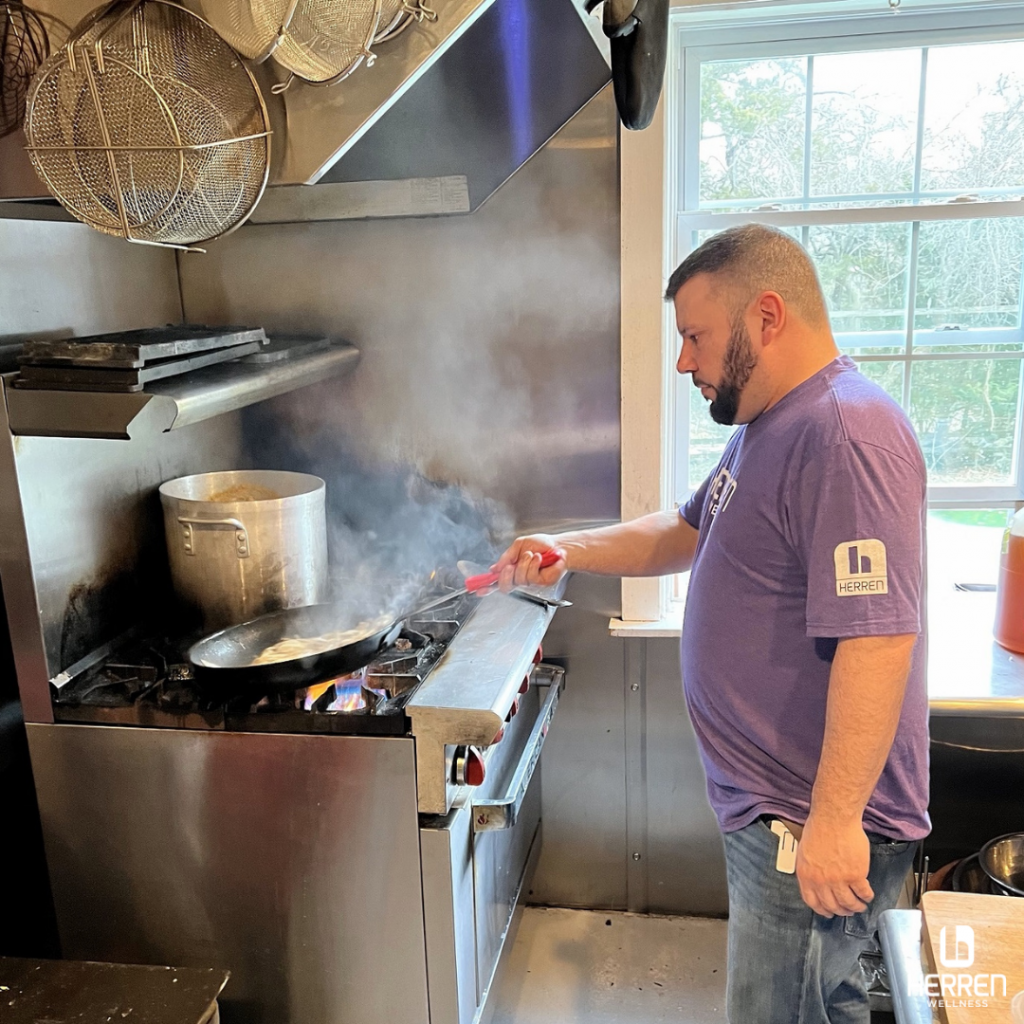
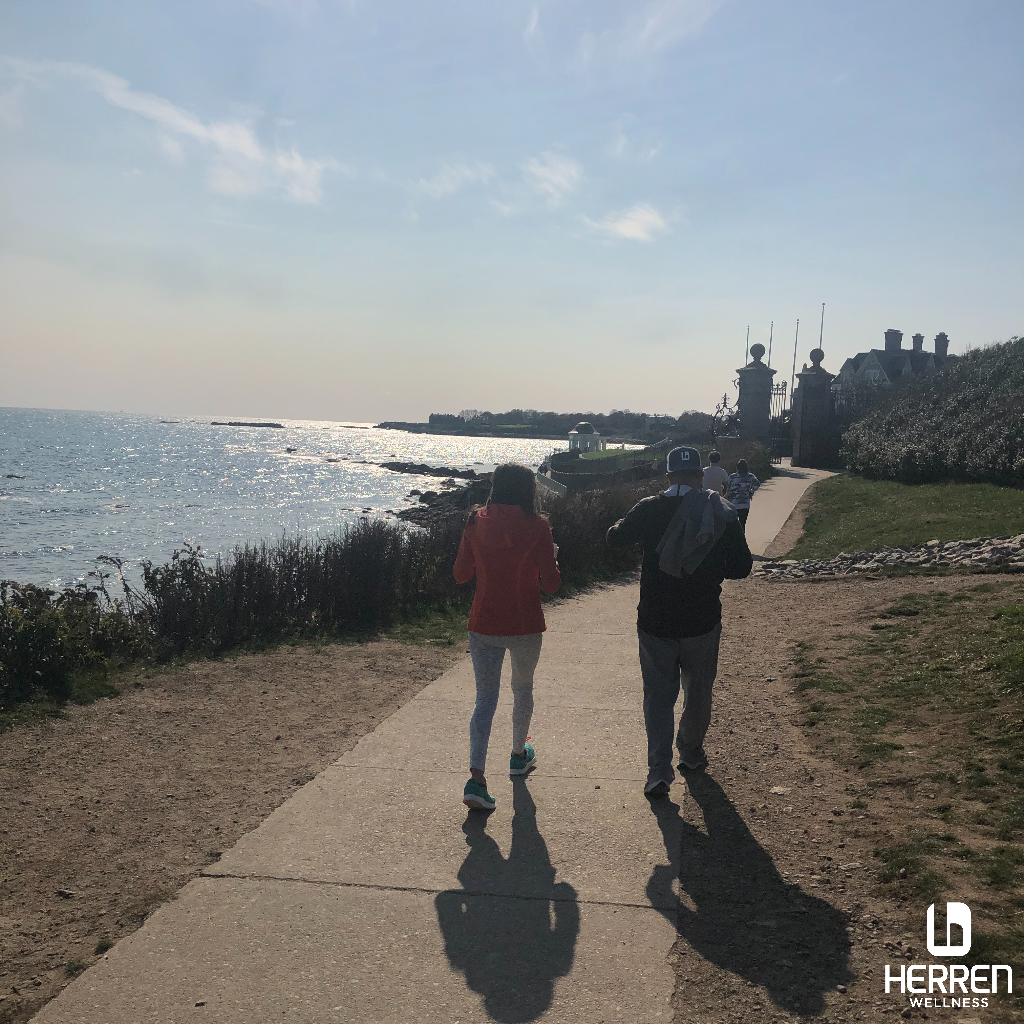
Family Support
Substance use disorder takes a toll on the entire family unit. Just as the individual needs time to heal, learn skills to support their recovery, and prioritize health and wellness in their life, family members need that as well.
Families need to support and seek out the same holistic therapies the individual with substance use disorder has prioritized, such as sleep, fitness, nutrition, and nurturing healthy habits. That connection to self-care and wellbeing is crucial, for their own health and to be able to support their loved one by caring for themselves as well.
Connection
Recovery thrives when we are connected, and it’s important to be an active part of a supportive community of people who understand what you have gone through, and can offer love, advice, and support.
Often these are other people living in recovery, especially those who have been in recovery a while, and who can offer insight into ways to balance the challenges of daily life with a healthy recovery.
Finding a supportive community of people in recovery is essential, through recovery meetings, group therapy, or other groups that prioritize wellness and self-care, such as a spiritual and/or wellness community.
Connection to a community of people who share your interests and values is also highly motivating. As you build healthy habits and hobbies, sharing these experiences with others in recovery, it helps keep you on track, celebrating your successes, and overcoming obstacles.
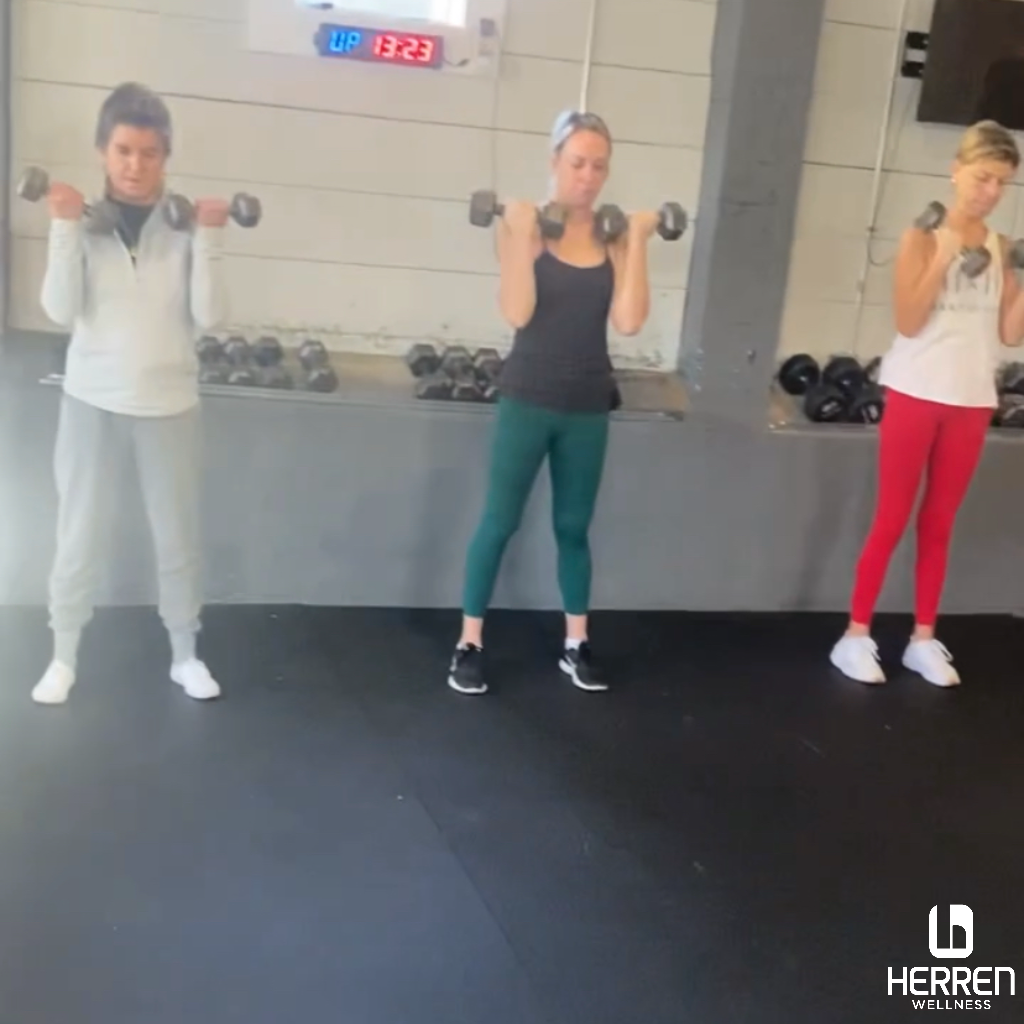
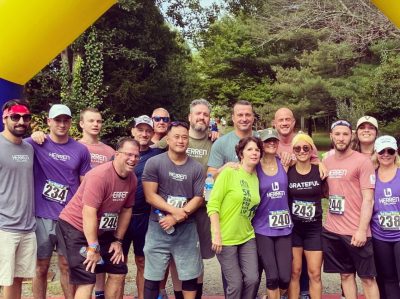
Community
Community is the foundation for nurturing and sustaining a healthy recovery. It’s vital to stay connected to a strong support system through peers, groups, and other healthy communities centered around wellness.
Community offers support, comfort, advice, and help hold you accountable to your recovery and your goals. When you are surrounded by others who are walking the same path, it reduces feelings of isolation that can be toxic and provides a place to ask for help from others who truly understand.
At Herren Wellness, we believe in the positive benefit of holistic therapies and the process of self-reflection to uncover “why” someone may be turning to substances. We create personalized, sustainable wellness plans based on each individual guest’s needs and strengths with a focus on the whole person; mind, body and spirit.
We introduce healthy habits and routines centered around emotional, physical, and spiritual wellness that provide a solid foundation for rediscovering your interests, experiencing joy in sobriety, and building structure and routine.
Your connection to Herren Wellness doesn’t end when your stay ends; we are there for you throughout your recovery journey.


